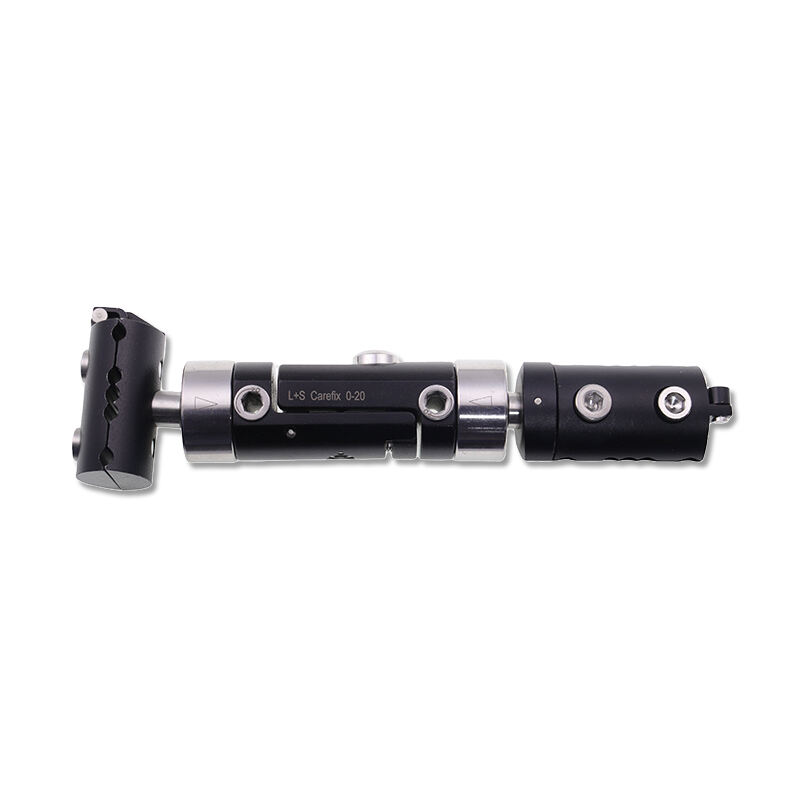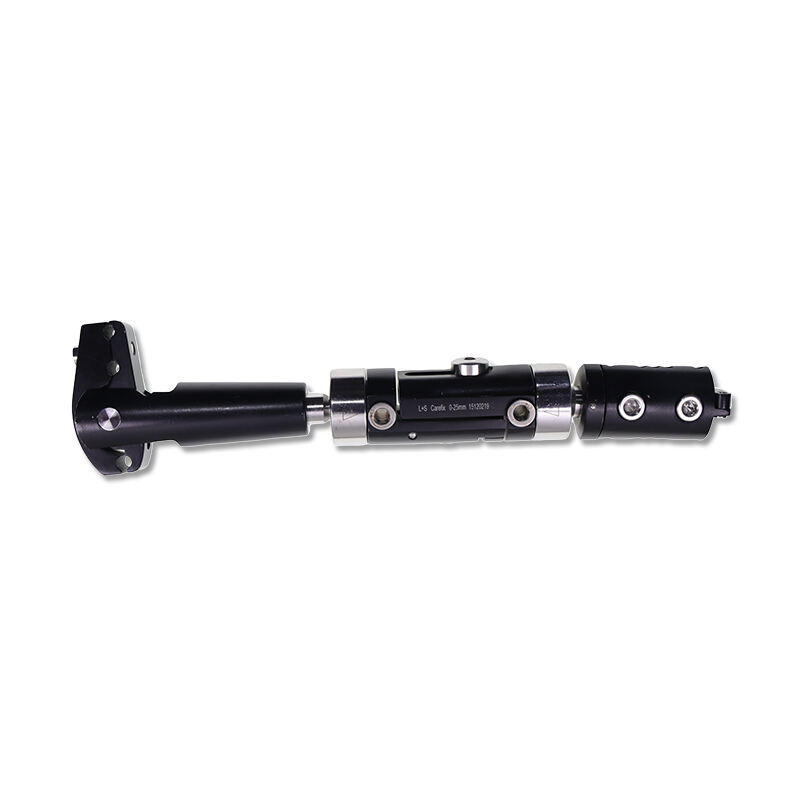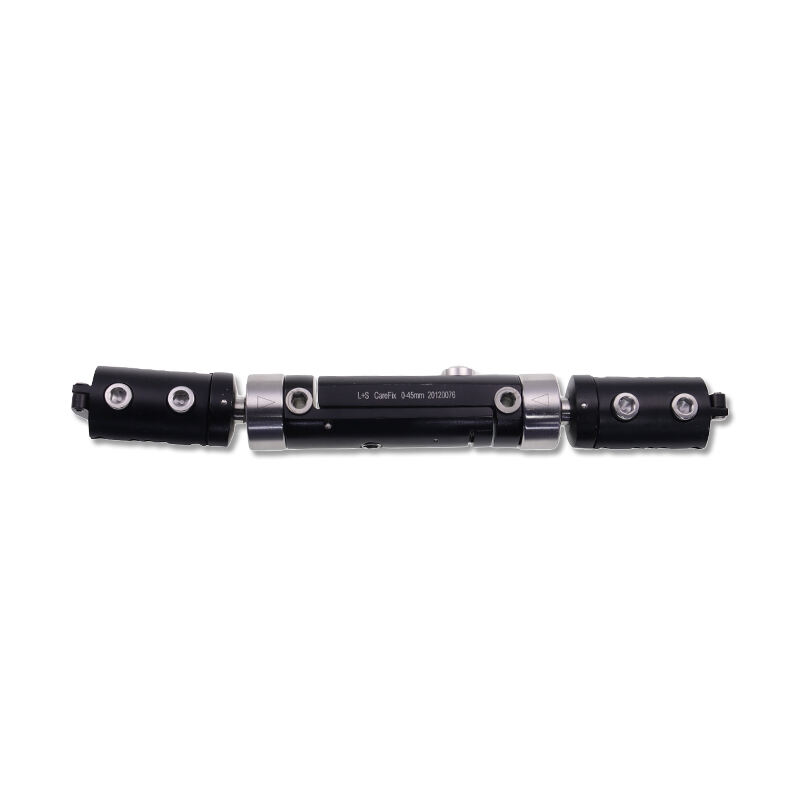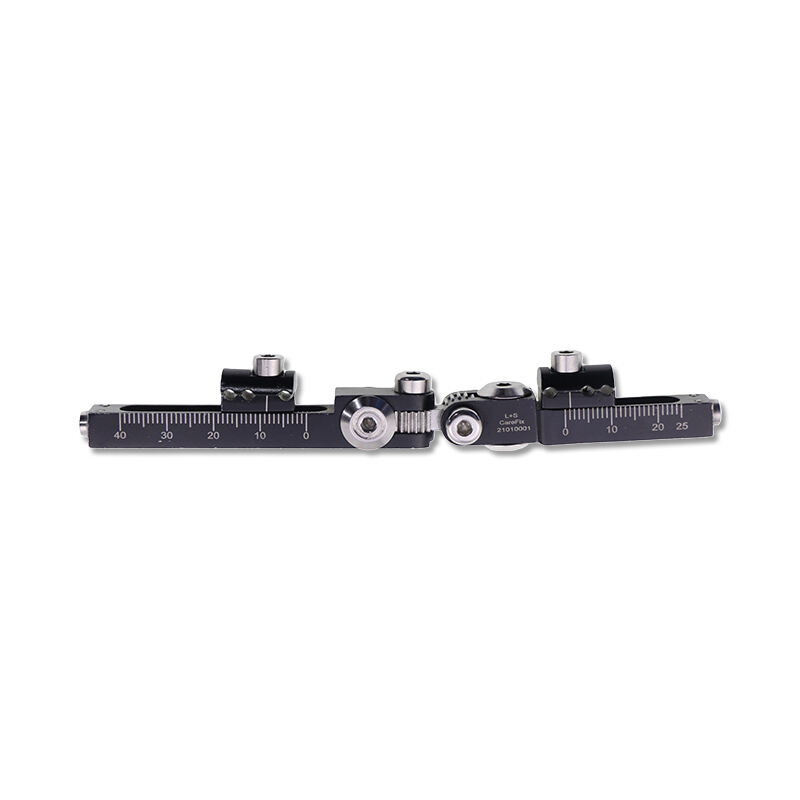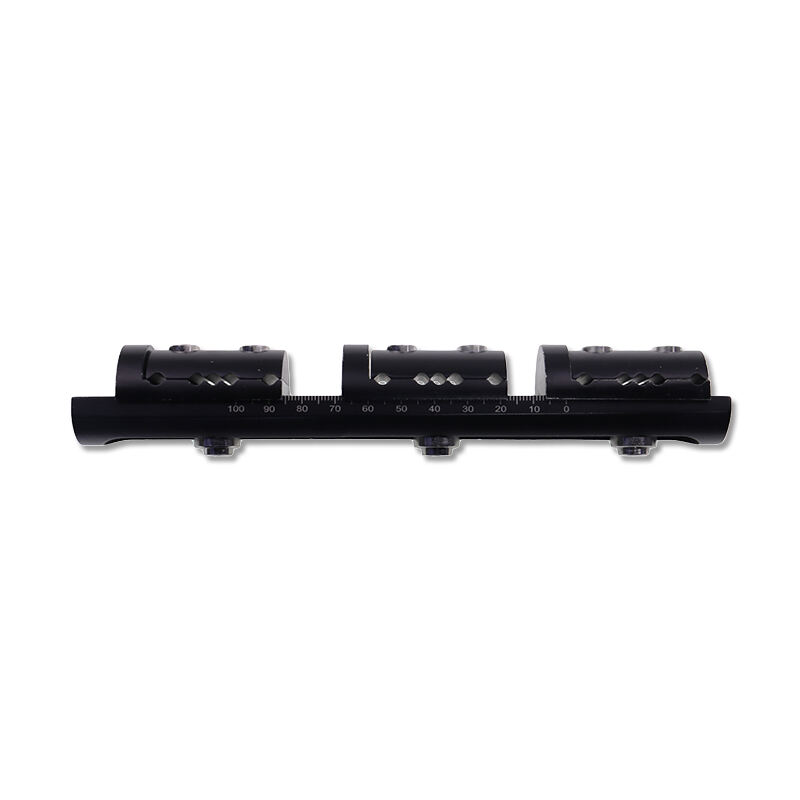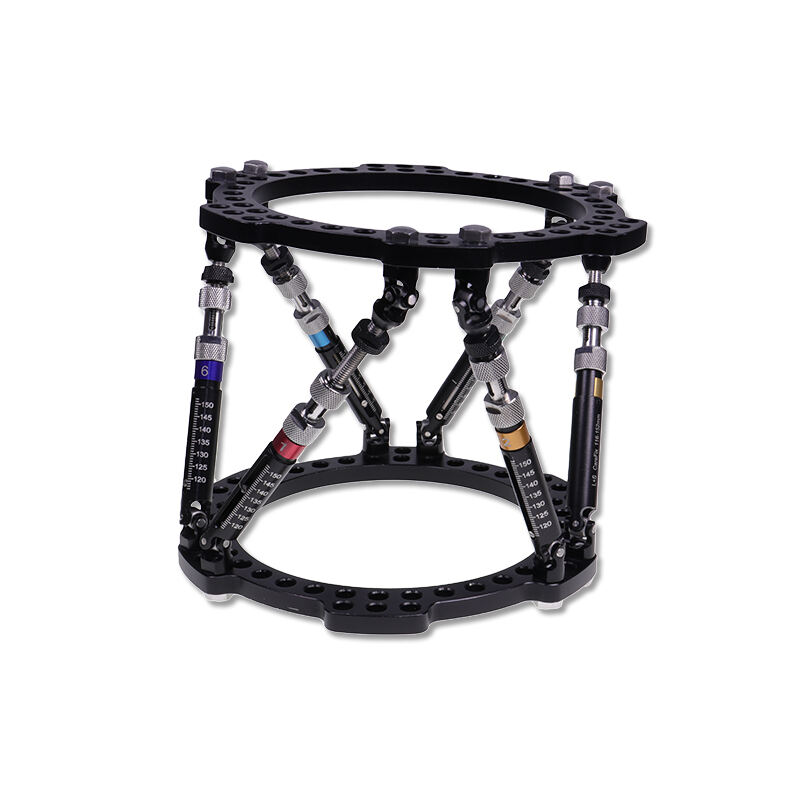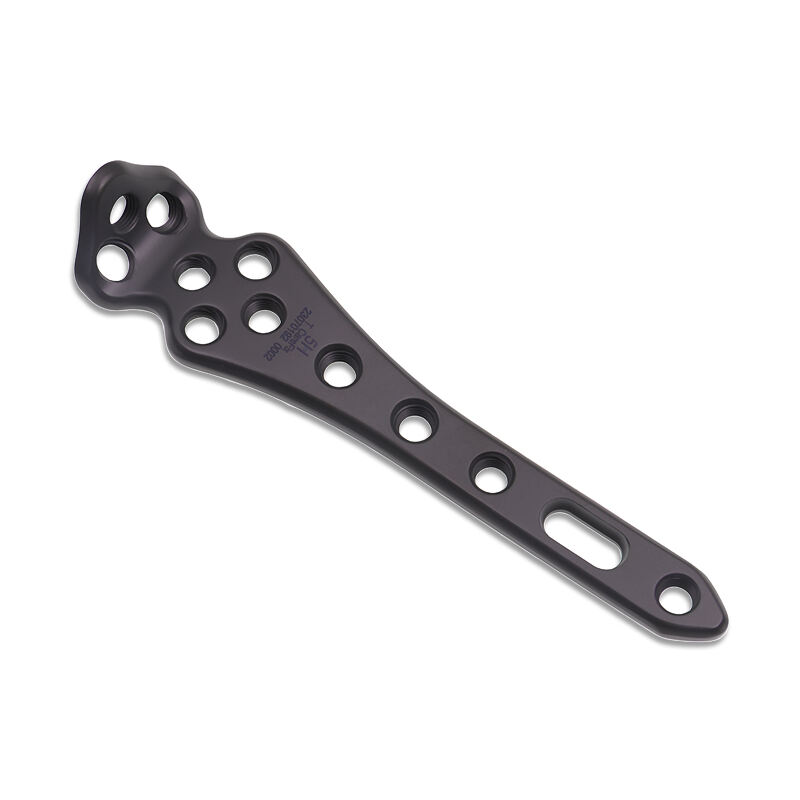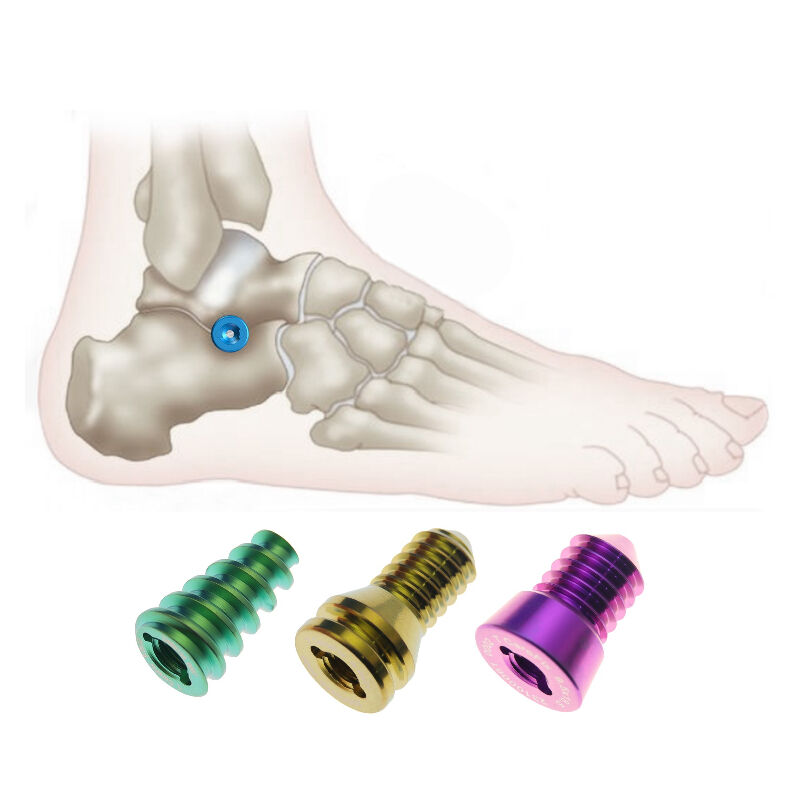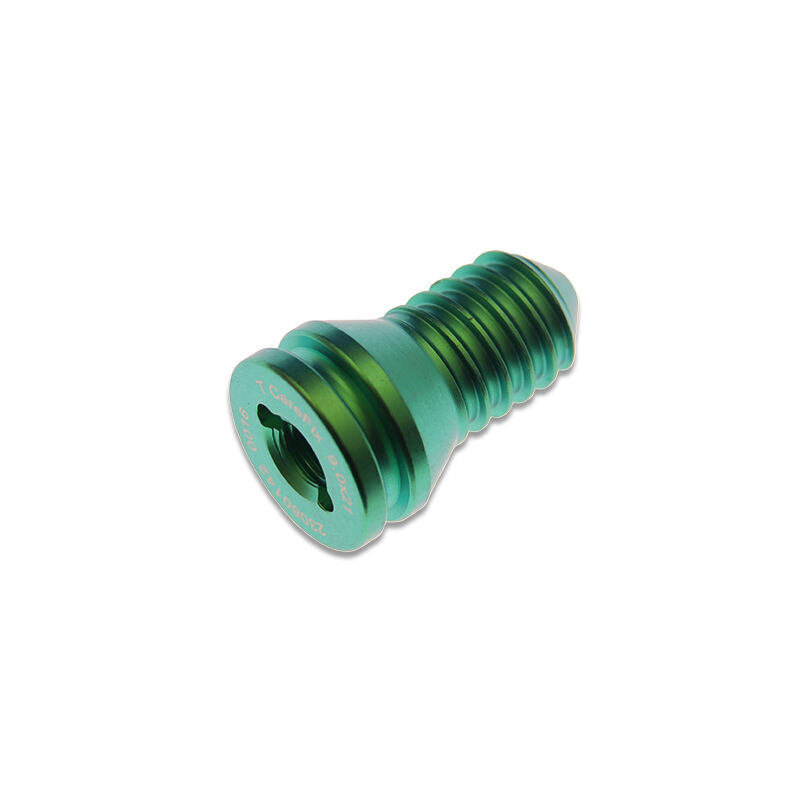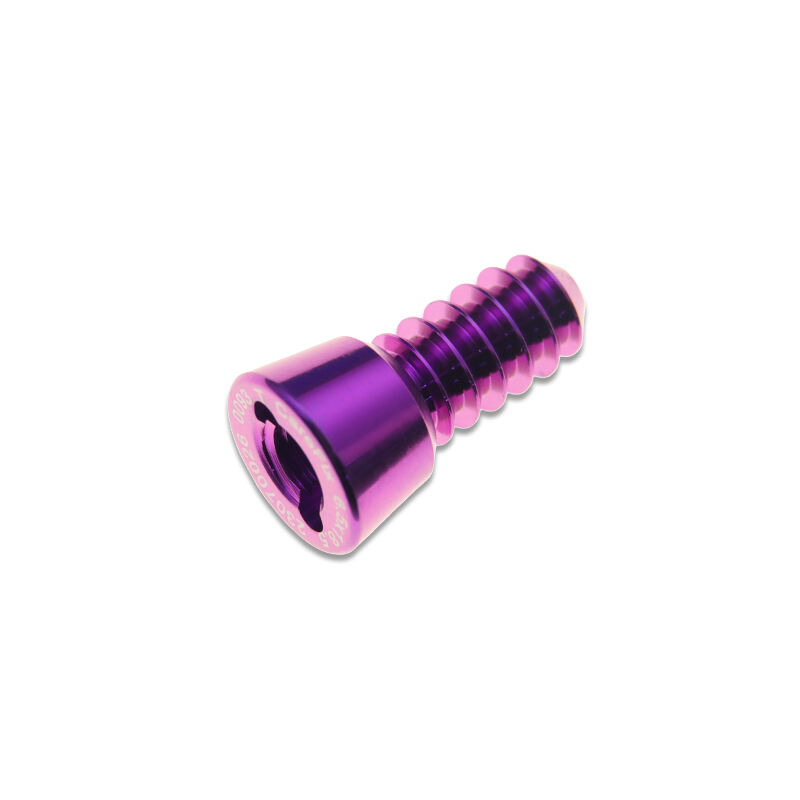subtalar joint screws
Subtalar joint screws represent a crucial advancement in orthopedic fixation technology, designed specifically for stabilizing and treating conditions affecting the subtalar joint. These specialized surgical implants are engineered to provide optimal compression and stability between the talus and calcaneus bones, facilitating proper healing and restoration of normal foot biomechanics. The screws feature precision-engineered threading patterns that ensure secure fixation while minimizing tissue trauma during insertion. Manufactured from biocompatible materials such as titanium or stainless steel, these screws offer excellent strength-to-size ratios and promote long-term stability. The design incorporates self-tapping features and variable thread pitches to enhance purchase in both cancellous and cortical bone. These implants are particularly valuable in treating conditions such as subtalar arthrodesis, coalition resections, and fracture fixation. The screws come in various sizes and configurations to accommodate different patient anatomies and specific surgical requirements, allowing surgeons to select the most appropriate option for each case. Modern subtalar joint screws also feature advanced coating technologies that enhance osseointegration and reduce the risk of postoperative complications.

